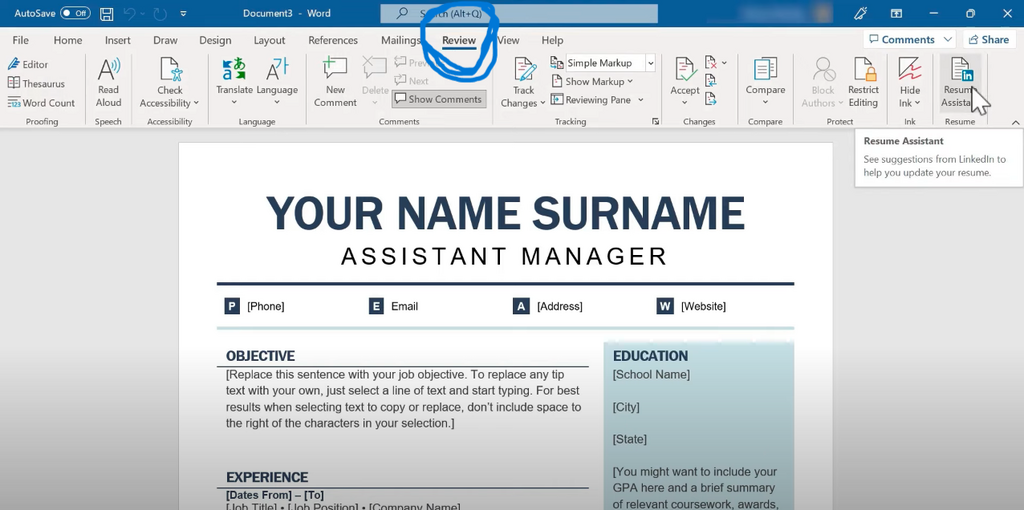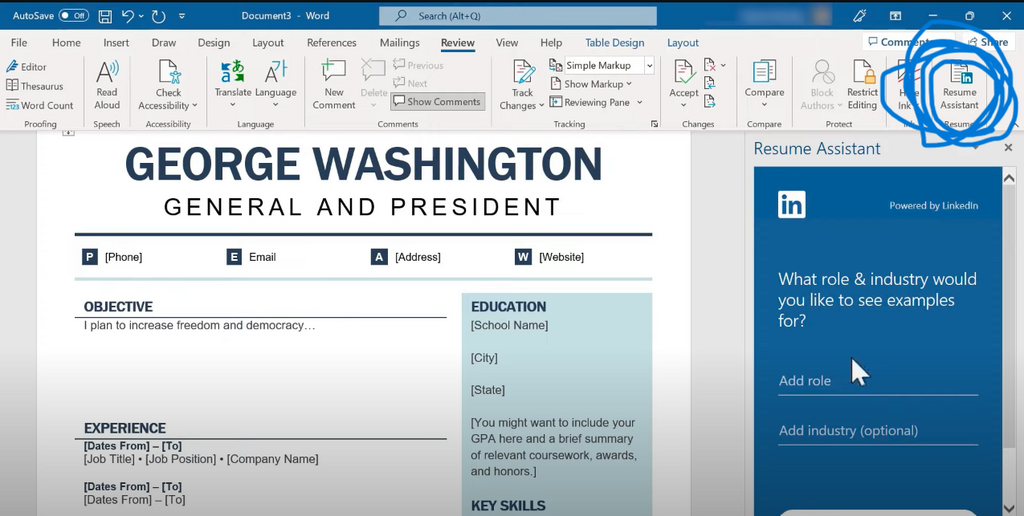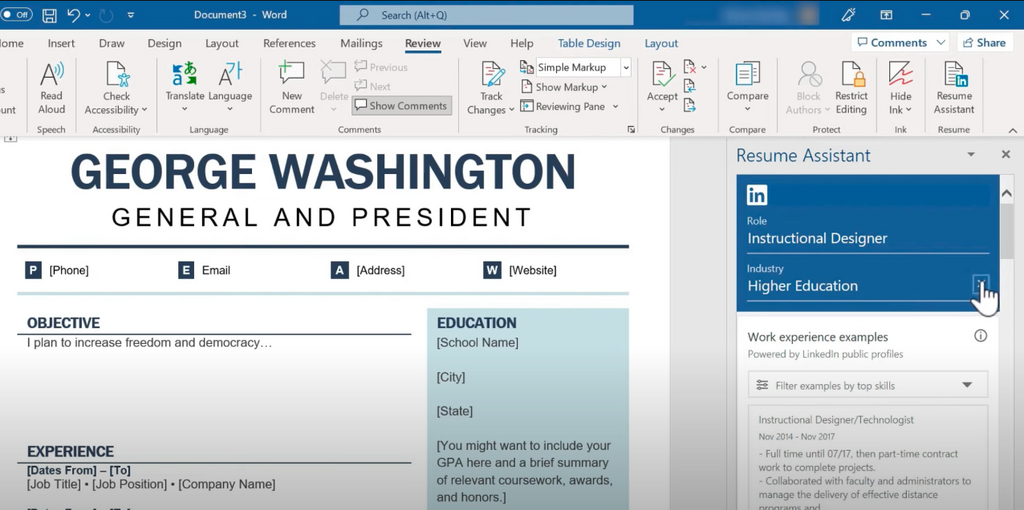Microsoft Word hack to make your job application easier
)
A curriculum vitae (CV) is probably the most important document in your job application. It provides an overview of your experience, and academic background including experience, degrees, research, awards, publications, presentations, and other achievements, skills and credentials. They are usually used for "big" positions and careers but they can distinguish you from the pool of candidates in any job when done right.
This is why there are thousands of people and recruiters specialising in creating CVs to boost the chances of getting any job. There are numerous templates, tips, and lessons on how to better win in the job market using a stellar CV. It is not all about the content but also the presentation, after all.
Whether you are starting afresh on your CV writing or updating and upgrading it with new skills and such, use this embedded tool to help you.
Microsoft Word hack for CV writing
If you have Microsoft Word 360, there are various templates available for your aesthetic and the type of job you're applying for. In the earlier versions of Word, this feature may not be present but that is not a problem.
When you open Microsoft Word, click on the "Review" option on the toolbar.

Microsoft Word Resume Assistant
On the dropdown, go to the upper left corner and click on "Resume Assistant".

This will bring a new section on the left side of the document page.
The resume assistant helps you to access numerous CVs with similar skills and fields you are applying in.
Simply type in your job description, field, and education, among other preferences. It will give you top CVs which you can use as inspiration to write, design, or update yours.

It can also help you jog your memory about something you have done that qualifies you for a job or position. Perhaps there are skills or points you may have overlooked and the examples help you revise that.
You can also pick up the style of writing and wording to boost yours.
)
)
)
)
)
)